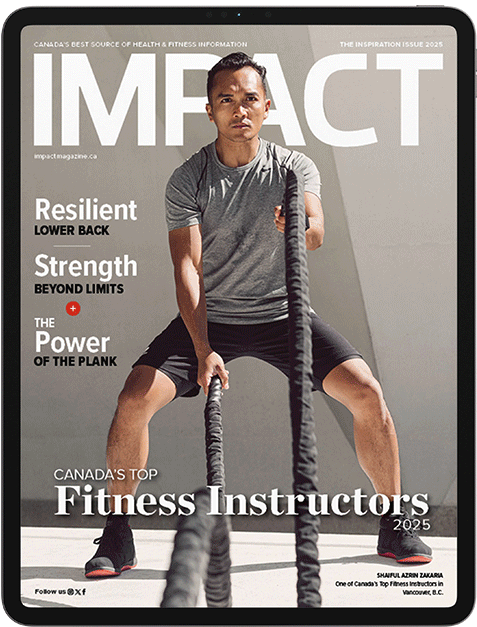With shorter days and longer nights, winter can significantly affect our sleep patterns. Reduced sunlight and changes in daily routines often disrupt our body’s natural rhythms, leading to issues like insomnia, mood changes, and even seasonal affective disorder. As a physician, I recommend making a few mindful adjustments to your routine, especially in the colder months, to help your body achieve restful and restorative sleep.
1. Get Morning Sunlight Exposure
Exposure to natural light in the morning is crucial for regulating your circadian rhythm. Sunlight helps synchronize the body’s internal clock, promoting daytime alertness and better sleep at night. In winter, with fewer daylight hours, prioritize stepping outside within an hour of waking up, even if it’s cloudy. A brief 15–30-minute walk outside can stimulate the body’s production of serotonin, enhancing mood and focus during the day while preparing the body for better sleep at night.
Light therapy lamps that mimic natural daylight can also be effective for those unable to get morning sunlight. Studies have shown that light therapy can improve sleep quality and reduce symptoms of seasonal depression by supporting the body’s circadian alignment.
2. Avoid Bright Lights in the Evening
As evening approaches, it’s important to signal to your body that it’s time to wind down. Bright lights, especially blue-spectrum lights from screens and LEDs, can delay melatonin production, the hormone that helps induce sleep. Reducing exposure to bright artificial lights at least two hours before bed can improve sleep latency and quality.
Consider using dim, warm lighting in the evening. Light bulbs labelled “warm” or “soft white” often emit less blue light and create a calming ambiance that doesn’t disrupt melatonin production.
3. Use Blue Light Blockers on Screens
Avoiding screens in the evening is often easier said than done in our digital world. If you need to be on a device in the hours leading up to bedtime, consider using blue light blockers as screen filters or wearable glasses. Blue light-blocking technology has been shown to reduce the impact of screens on circadian disruption, making it easier to fall asleep after late-evening screen time.
Additionally, consider using devices with “night mode” or “warm mode” settings, which shift the screen’s light spectrum to warmer tones.
4. Avoid Late Meals
Eating late at night can interfere with your sleep quality, forcing your body into digestive activity when it should be winding down. Research has shown that eating close to bedtime reduces REM sleep and increases nighttime awakenings. To support better sleep, try to have your last meal at least two to three hours before bed. This allows digestion to complete, letting the body focus fully on repair and recovery during sleep.
If you’re prone to feeling hungry late at night, opt for a small, protein-rich snack that is less likely to spike blood sugar. This can promote more stable energy levels overnight.
5. Avoid Alcohol Before Bed
While alcohol might help you feel sleepy initially, it can lead to disrupted sleep patterns and reduce REM sleep. Alcohol is also a diuretic, increasing the likelihood of waking up during the night to use the bathroom. Limiting alcohol intake to earlier in the day, or avoiding it altogether, can help you achieve deeper, more restorative sleep.
6. Reduce Excessive Carbohydrate Intake in the Evening
High-carbohydrate meals, especially those rich in refined sugars, can lead to spikes in blood sugar, followed by crashes that may disrupt sleep. Instead, choose a balanced meal with complex carbohydrates, healthy fats, and protein for your last meal. Such meals promote stable blood sugar levels, reducing the likelihood of wakefulness due to fluctuations in energy.
7. Slow Down Evening Activity
The hours before bed are crucial for calming the nervous system and preparing the body for rest. High-energy activities—whether exercise, intense mental work, or even engaging entertainment—can keep cortisol levels high, making it difficult to unwind. Instead, opt for activities that promote relaxation, such as gentle stretching, reading, or meditation.
Creating a pre-sleep routine is a powerful way to cue your body and mind that it’s time to slow down. Regular activities like a warm bath or quiet journaling session can reinforce a calming association with bedtime.
8. Optimize Your Bedroom Environment
In winter, artificial heating and closed windows can lead to dry indoor air and temperature fluctuations that disrupt sleep. Aim to keep your bedroom slightly cool, ideally between 60–67° F (15–19° C), as a cooler room naturally promotes sleep onset.
A humidifier can also help, as it prevents dryness in the air that can lead to congestion or discomfort. Keep your sleeping area dark, quiet, and free from electronics. Even small amounts of light or background noise can interrupt the quality of your sleep cycles.
9. Consider Melatonin or Magnesium Supplementation
If adjusting sleep hygiene practices isn’t enough, consider natural supplements like melatonin or magnesium to support sleep. Melatonin can be helpful for individuals who struggle with falling asleep, especially if circadian disruption from reduced daylight is an issue. Low doses (around 0.5–3 mg) taken one to two hours before bedtime are typically effective at inducing sleep.
Magnesium, a mineral that supports muscle relaxation, can also help if you experience nighttime tension or restless sleep. A small dose before bed can aid relaxation and support overall sleep quality but consult a healthcare provider before beginning any supplement.
During winter, it’s common to feel out of sync with your natural sleep rhythm, but small changes in daily habits can make a substantial difference in sleep quality. By paying attention to light exposure, adjusting your evening routine, and focusing on key dietary and lifestyle changes, you can support your body’s natural sleep cycle even during the shortest, darkest days of the year.
Better sleep improves mood and productivity, supports immunity, and promotes long-term health—essential benefits for thriving during winter.
You may also like: Yoga Poses for Sleep

Read This Story in Our 2025 Inspiration Issue
Plus, meet the 36 fitness instructors named Canada’s Top Fitness Instructors in this issue. We’ve also got delicious plant based recipes, how to meal prep for success, make meaningful resolutions, practical fitness hacks, healthy morning habits and so much more!
















